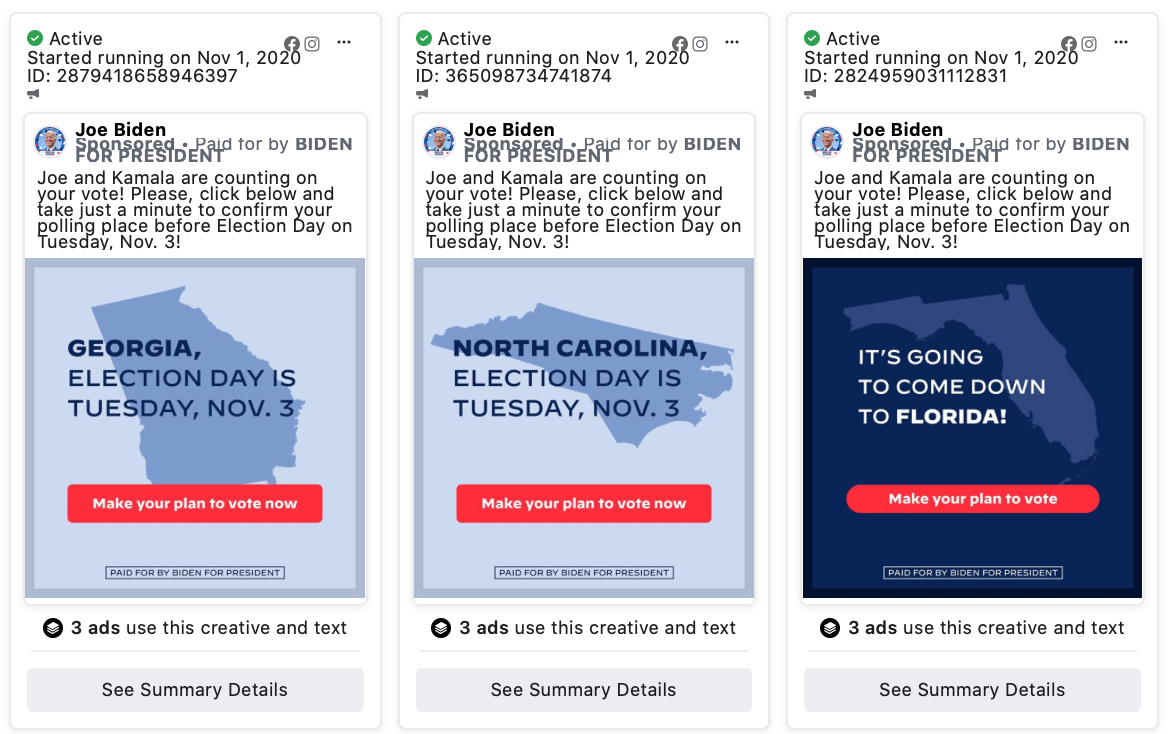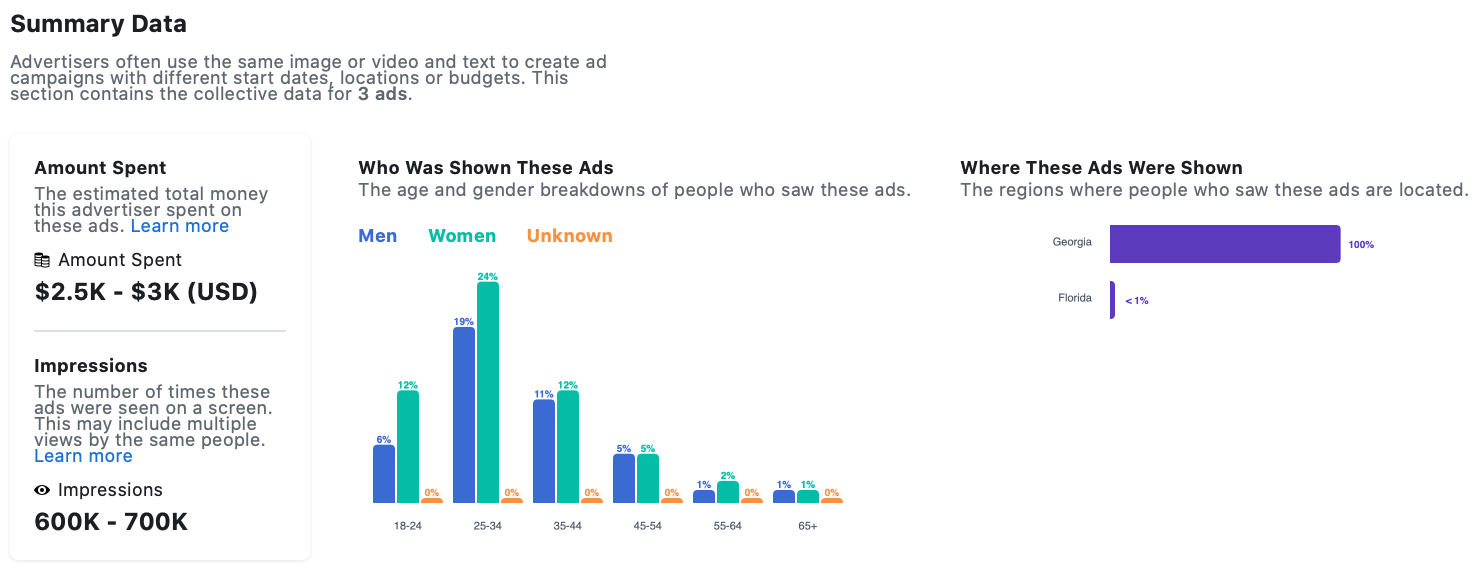MySpace in the early 2000’s allowed you to connect with friends you hadn’t talked to since elementary school, show off the newest music you discovered (Yellowcard), was not full of ads and algorithmic content display technology, oh and you could poke your crush… whatever that meant.
Flash forward to present day. Facebook, Instagram, and Twitter are like traditional, old school, institutionalized media. Recently during a Senate hearing with Facebook, Google, and Twitter CEOs, Senator Klobuchar commented to Facebook CEO Mark Zuckerberg, “In fact, one of your researchers warned senior executives that [your] algorithms exploit the human brains that traction to divisiveness. The way I look at it, more divisiveness, more time on the platform, more time on the platform, the company makes more money. Does that bother you what it’s done to our politics?”
Mark Zuckerberg responded that the algorithms are setup to display what is most meaningful to users, “Senator, I respectfully disagree with that characterization of how the systems work. We design our systems to show people the content that’s going to be the most meaningful to them, which is not trying to be as divisive as possible. Most of the content on the systems is not political.”
I think that Klobuchar and Zuckerberg are saying basically the same thing and that they are actually in agreement. Which is that Facebook is setup for you to engage with the same content you’ve shown in the past to like. So if you for instance liked, clicked, shared, or hovered over, something political, you’ll see more content of a similar nature. Oh and your action will be recorded by their system for future targeted advertising. If you click on fluffy cat pictures and videos, you’ll see a lot more fluffy cat pictures and videos.
But doesn’t this put us in an echo chamber and not introduce us to new and differing opinions? How can we grow and learn if we don’t expand what we are exposed to? Sherry Turkle writes in Reclaiming Conversation, “The web promises to make our world bigger. But as it works now, it also narrows our exposure to ideas. We can end up in a bubble in which we hear only the ideas we already know. Or already like.”
There is a lot of money being pumped into Facebook advertising forcing you to be exposed to carefully crafted and targeted political messages. According to data from Facebook’s ad library between May 2018 and November 2020 Donald J Trump has spent $110,569,258.00 (yes that is millions) on political ads and Joe Biden has spent $98,803,258.00. This is just between their main accounts. Political parties are funneling money into hundreds of different advertising accounts. These gigantic numbers don’t include the money being spent on state and local elections.

What’s scary isn’t the amount of money being spent, but the targeting ability of these ads. Facebook has already determined which political party you belong to based on what you’ve clicked on in the past, who your friends are, and where you live.
When Trump or Biden purchase ads they already know which political party you tend to lean towards and they can target people like you in your city and county. They can use this information to display very specific ads to a population in a key county and encourage you to take action.

Why are they spending all this money? Because these ads work! For profit companies like Proctor and Gamble are making at least double or triple over what they are spending. This works through people like you and I clicking on their ads and making a purchase.
I don’t like how social media has developed, which is why I deleted all my accounts. I think as more users see how much power Facebook, Twitter, and Google have they’ll begin to leave the platforms. When companies provide a subscription free service that billions of users can access, you have to question how they are paying for it. How does Google provide such an amazing email service for free? The answer is that in one way or another these services are paid for by selling our personal information. I just can’t subscribe to that.

One reply on “When Did Social Media Become Plain Old Vanilla Media?”
This is so true and so disturbing, free speech is no longer free with Big Tech selling our identities to the media devil.